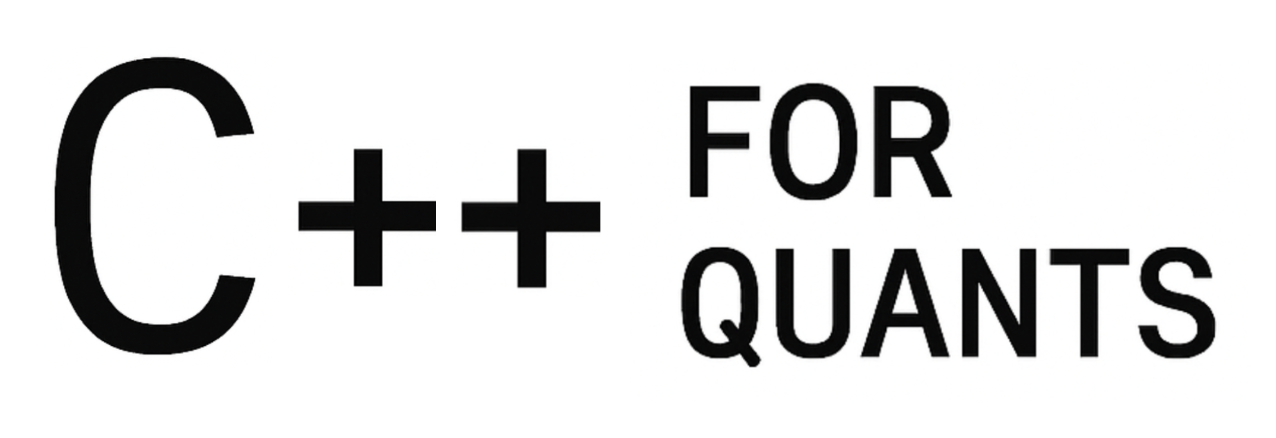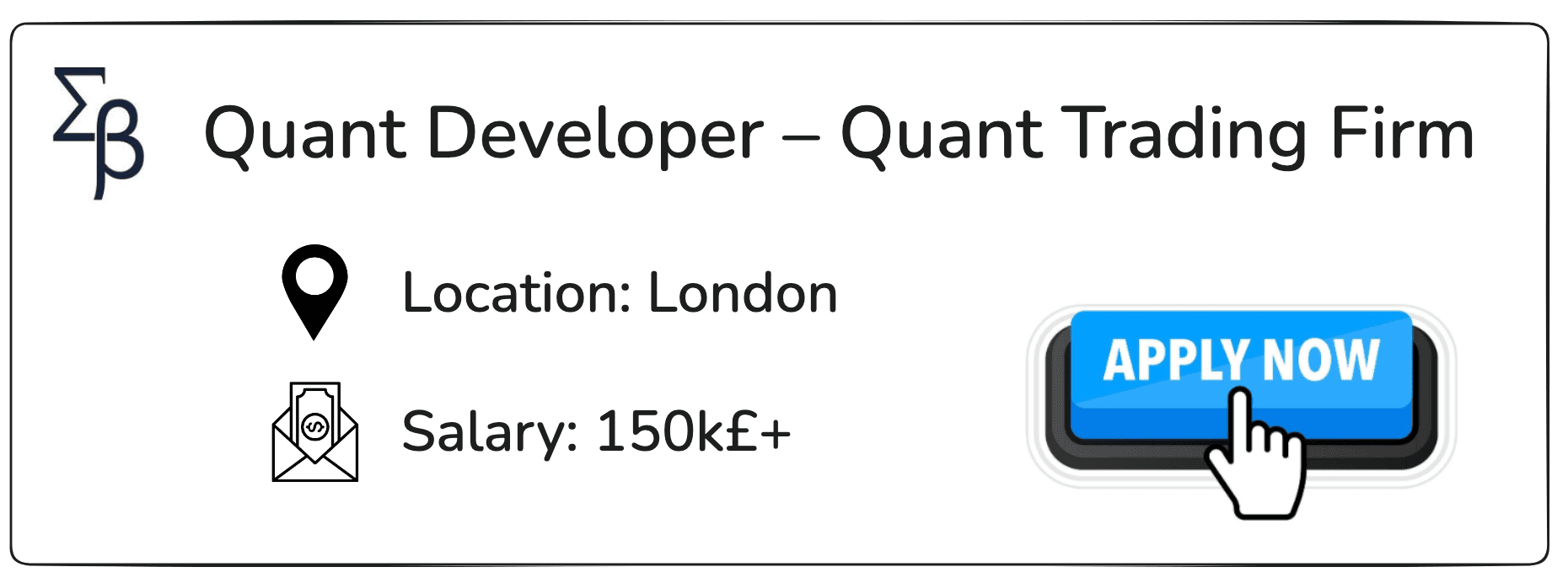In 2025, a select cohort of hedge funds and prop trading firms is fiercely competing for elite quantitative developers—those adept in coding, statistics, and machine learning. Firms like Citadel, D.E. Shaw, Two Sigma, and others are leading the charge, offering six‑figure base salaries and performance bonuses tied directly to alpha generated. What are the best hedge funds for quantitative developers?
1. Citadel
Citadel and Citadel Securities continue their aggressive recruitment, launching intensive internship pipelines with record-low acceptance rates (0.4%) to secure the next generation of quant talent. Summer interns can earn as much as $5,000 per week—an early indicator of the hyper-competitive environment. With approximately $65 billion in assets under management, the firm is deeply reliant on advanced technology, and quant developers play a central role in driving trading decisions, building low-latency systems, and maintaining scalable infrastructure. Citadel’s recruitment is global, with open roles in major financial hubs like New York, London, Miami, Gurugram, and Hong Kong.
Citadel’s hiring funnel is notoriously selective. Their internship program, a key gateway to full-time roles, had a 0.4% acceptance rate this year—more competitive than top-tier tech firms. Interns can earn up to $24,000 per month, reflecting the high value Citadel places on early talent. These internships are intensive and structured to transition into permanent positions quickly.
Full-time quantitative developer roles offer some of the highest compensation in the industry, with total packages ranging from $200,000 to over $700,000 per year, and a median near $550,000. Citadel Securities, the firm’s market-making division, offers similarly lucrative packages for developer positions focused on execution engines and infrastructure.
The firm places a premium on engineers with strong coding ability in C++, Python, and systems-level programming, as well as deep understanding of algorithms, data structures, and statistics. Citadel is expanding in regions like India, particularly targeting IIT graduates for roles in equity derivatives technology.
2. D.E. Shaw
D.E. Shaw remains one of the most prestigious and desirable hedge funds hiring quantitative developers. Founded in 1988, the firm has built its reputation on rigorous research, engineering excellence, and a collaborative, low-ego culture that appeals strongly to top STEM graduates and seasoned engineers alike. With offices in New York, London, and Hyderabad, D.E. Shaw offers global opportunities for quant devs to work on high-impact systems supporting both systematic and discretionary trading strategies.
Quantitative developers at D.E. Shaw are deeply embedded in cross-functional teams, partnering closely with researchers and portfolio managers. They build and optimize everything from execution platforms and backtesting frameworks to pricing engines and large-scale data ingestion systems. The firm’s approach is highly academic, often drawing in PhDs in computer science, physics, and mathematics, but equally welcoming experienced software engineers from top tech firms.
The firm’s hiring process is known for being intellectually demanding but fair, focusing on algorithmic problem solving, systems design, and real-world coding skills. Compensation is highly competitive, with total packages for junior developers often exceeding $400,000 and rising quickly with experience. Unlike some more aggressive competitors, D.E. Shaw places a greater emphasis on long-term innovation and internal mobility, rather than rapid iteration.
D.E. Shaw continues to prioritize talent development through structured mentorship, technical training, and a strong internal engineering culture. The firm is particularly attractive to candidates who value technical depth, thoughtful problem solving, and a strong sense of intellectual camaraderie. In 2025, it remains a top-tier choice for quant developers seeking a high-impact, research-driven engineering career in finance.
3. Two Sigma
In 2025, Two Sigma continues to distinguish itself as one of the most engineering-driven hedge funds hiring quantitative developers. Based in New York with a global presence, the firm operates at the intersection of finance, data science, and cutting-edge software engineering. Unlike some peers that prioritize trading speed above all, Two Sigma is renowned for its research-first culture and thoughtful approach to building scalable, maintainable systems that support a wide range of data-driven investment strategies.
Quant developers at Two Sigma are more than infrastructure engineers—they build the platforms, tools, and pipelines that power research and trading. From developing custom machine learning frameworks to managing terabytes of alternative data, their work enables researchers to test hypotheses at scale and deploy production strategies with minimal friction. This blend of software craftsmanship and statistical rigor makes Two Sigma a magnet for developers from Google, Meta, and top academic institutions.
The hiring process is structured around deep technical assessments, covering data structures, algorithms, distributed systems, and applied ML. Interviews are known for being intense but well-organized, with an emphasis on real-world engineering challenges rather than trick questions. Compensation is highly attractive, with total packages for mid-level developers typically ranging from $400K to $600K, along with generous perks and equity-like incentives.
Two Sigma’s engineering culture is known for its clean code, peer reviews, mentorship, and internal tooling excellence. It is particularly appealing to developers who want to work in a rigorous yet collaborative environment where the long-term quality of systems matters as much as short-term gains. For quantitative developers who value a balance of intellectual depth, modern software practices, and strong research collaboration, Two Sigma remains one of the most desirable destinations in 2025.
4. Jump Trading
Jump Trading ranks among the top hedge funds aggressively hiring quantitative developers, particularly those with expertise in low-latency systems and high-performance computing. Headquartered in Chicago with key offices in London, Singapore, and New York, Jump operates as a technology-centric trading firm where developers play a foundational role in shaping the firm’s competitive edge in high-frequency markets.
Quantitative developers at Jump are responsible for building ultra-low-latency trading infrastructure, co-located exchange connectivity, and high-throughput data pipelines. The work is performance-critical—developers routinely optimize nanosecond-level latency in C++, tune networking stacks, and architect systems that process millions of messages per second. This makes Jump a prime destination for engineers who thrive on precision, speed, and scale.
Jump’s hiring process is notoriously rigorous. The firm recruits from the most elite technical talent pools—top-tier CS programs, Olympiad medalists, and systems engineers from Google, Meta, and Nvidia. Interviews emphasize C++ mastery, concurrency, networking, and real-time system design. Candidates should expect deep-dive technical sessions with a strong focus on engineering fundamentals and execution under pressure.
Compensation at Jump is among the highest in the industry. Total packages for experienced quant devs can reach $700K to $1M+, with highly lucrative performance-based bonuses. Even junior roles offer salaries that rival or exceed those at top tech companies. The firm’s flat structure means that developers can see their work deployed quickly and directly affect P&L.
What sets Jump apart culturally is its research-driven, R&D-focused environment. The firm funds open-source work, sponsors academic research, and even explores crypto markets and digital asset infrastructure through its affiliate, Jump Crypto. For quantitative developers who want to work on bleeding-edge systems in a highly autonomous, deeply technical environment, Jump Trading offers one of the most exciting opportunities in 2025.
5. Hudson River Trading
Hudson River Trading (HRT) stands out as one of the most sought-after firms for quantitative developers seeking a balance between technical excellence, compensation, and culture. Headquartered in New York, HRT is a major player in high-frequency trading, operating across equities, futures, options, and crypto markets. The firm is widely respected for its engineering-first mindset and flat organizational structure, where developers work shoulder-to-shoulder with researchers to build and optimize trading systems from scratch.
Quantitative developers at HRT contribute directly to all layers of the trading stack, including strategy simulation platforms, real-time risk engines, and execution frameworks. The environment demands both creativity and precision—developers frequently write latency-critical C++, build robust Python backtests, and design resilient systems capable of reacting to live market conditions within microseconds. HRT’s infrastructure is primarily built in-house, giving engineers full ownership and the ability to innovate quickly.
The hiring process is designed to identify world-class problem solvers and systems thinkers. Candidates are tested on advanced algorithms, computational efficiency, concurrency, and low-level debugging. HRT regularly recruits from elite programming competitions like the ICPC and Codeforces, and from top computer science programs globally. The interview process is technical and fast-paced, but also fair and transparent.
Compensation is highly competitive. Total compensation for quantitative developers commonly ranges from $350K to $700K+, including generous year-end bonuses tied to firm performance. Despite the fast-moving markets it operates in, HRT is known for maintaining a healthier work-life balance than many of its peers, avoiding the “burnout” culture associated with some HFT firms.
What truly sets HRT apart is its emphasis on high-quality, elegant code and long-term technical investment. The firm fosters a strong sense of developer autonomy and deeply values mentorship, documentation, and code reviews. For quant developers who want to work on mission-critical systems in an environment that values intellect over hierarchy, Hudson River Trading remains a top-tier choice in 2025.


